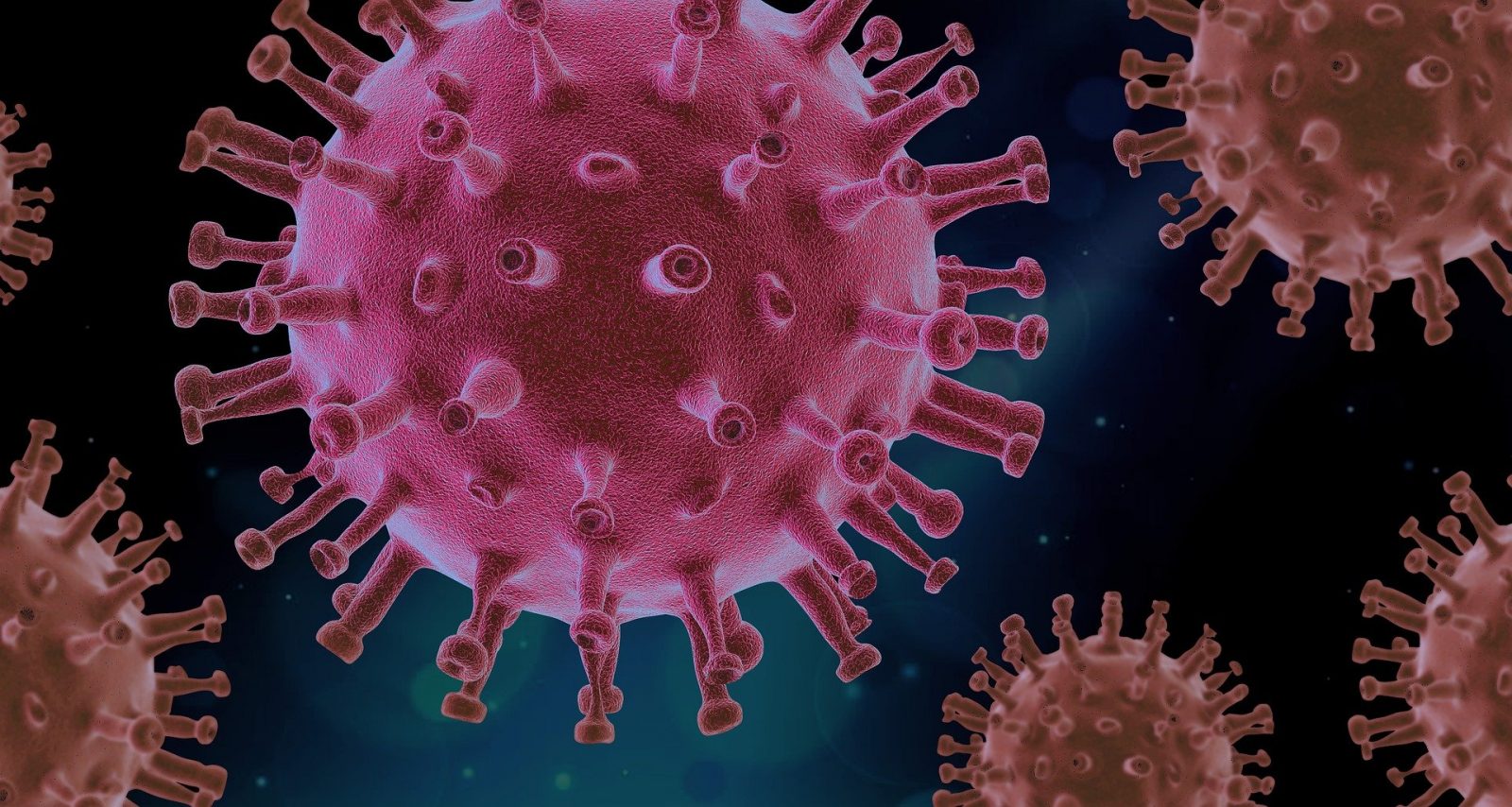Trusting your gut instinct may not be your wisest choice, according to new research, which revealed that the so-called intuitive thinkers are likelier to agree on and spread misinformation about COVID-19.
The team that performed the study claims that analytical thinking can protect you from spreading misinformation, as the decision doesn’t have to do with intellect but more with a conscious effort to look past momentary decisions.
Matthew Nurse, a social scientist of the Australian National University (ANU) and leader of the study, said:
“Knowing that a reliance on intuition might be at least partly responsible for the spread of COVID-19 misinformation gives science communicators important clues about how to respond to this challenge.”
“Encouraging people to think twice before sharing might slow down the spread of false claims too,” he added.
The researchers from ANU suggested that analytical thinking skills would help individuals see misinformation for what it truly is – misleading, possibly harmful.
On the other hand, intuitive thinking may even lead to more severe trouble.
The paper reads that those with a better understanding of the predictors of random COVID-19 – related beliefs are most likely going to disobey public health advice meant to temper the spread of the disease.
It is simple to believe a rumor and feel like it is on par with what you are guessing. However, it is much harder to perform some reliable, analytical thinking.
It is a slow process, requires an intense contribution of memory to look at details from an objective perspective, while intuitive thinking is nearly instinctive, being more of an automatism.
Controlling your “default” decisions is a difficult ordeal, but that doesn’t mean that you should let random thoughts control your mind just because they seem like a simpler choice.
Another study discovered that, after enough time for second thoughts and reflection, people could successfully correct their intuitive mistakes.

Leave a Reply